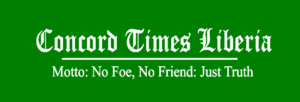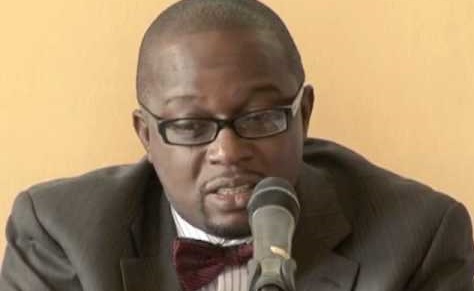In a thought-provoking social media post, former Liberian Auditor General John S. Morlu has issued a stark warning to the current administration led by Joseph Boakai. He asserts that former President George Weah, alongside Samuel Tweah and their allies, had envisioned a prolonged grip on power, projecting a reign of 18 to 24 years while neglecting the broader interests of the nation.
Morlu contends that this duo has operated under the illusion of an extended hold on power, which, he argues, should serve as a crucial lesson for the Boakai administration. He speculates that the current government will face thorough scrutiny in 2030, drawing parallels to former President Ellen Johnson Sirleaf, who strategically aligned with Weah in 2017 against then-Vice President Boakai to sidestep the accountability that Weah’s administration is likely to encounter in the coming years.
Highlighting the significance of accountability, transparency, and the rule of law, Morlu insists that these principles only hold value when individuals are genuinely held accountable for their actions. He recalls Sirleaf’s initial commitment to these ideals in 2006, which he believes waned when she reemployed figures like Sam Wulu, previously arrested for corruption, undermining her earlier efforts. Morlu points out that during her tenure, only two significant convictions were recorded: Albert Bropleh and a fraudulent bank account scandal linked to Sirleaf herself.
Concerns about the management of public funds, particularly regarding the Central Bank of Liberia (CBL), are also raised by Morlu. Despite attempts to limit cash withdrawals, he notes that $178 million was withdrawn over the counter under Weah’s administration, raising fears of potential misuse of public resources. He contrasts this with the U.S. government’s annual aid of $163 million to Liberia, aimed at improving living conditions, while a select few continue to extract millions from the CBL, perpetuating a cycle of dependency on foreign assistance.
While Morlu commends Boakai’s initial efforts to combat impunity, he urges the administration to remain vigilant. He warns that electoral defeat in 2029 could have dire consequences if integrity is not upheld. The “Rescue Mission,” he stresses, must learn from Weah’s previous miscalculations, particularly the misguided belief that power could be retained indefinitely—a notion that history has proven false in Liberia, where voters have demonstrated a willingness to oust corrupt leaders.
In conclusion, Morlu acknowledges the potential for Weah to stage a comeback in 2029, highlighting the unpredictable nature of the political landscape. He encourages a focus on genuine justice for corrupt acts and urges current and future leaders to avoid repeating past mistakes as the next election approaches. Morlu’s candid assessment serves as a reminder of the pressing need for self-reflection and accountability within Liberia’s political sphere.








